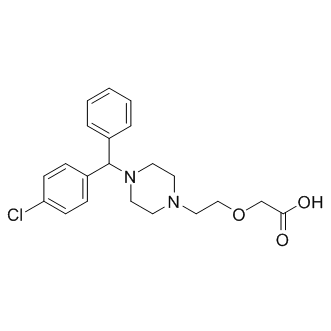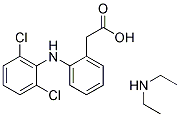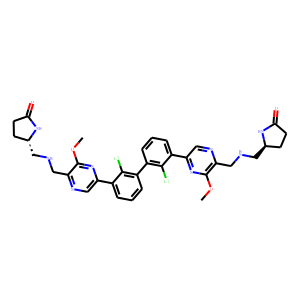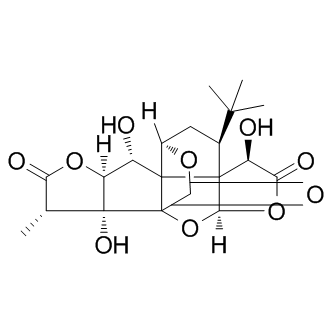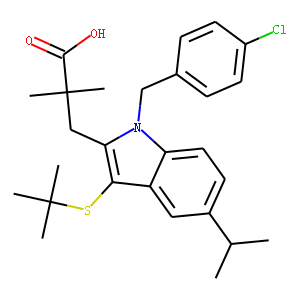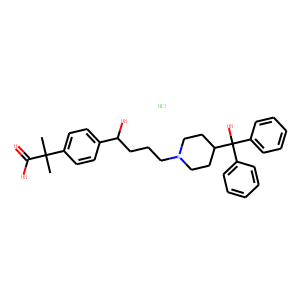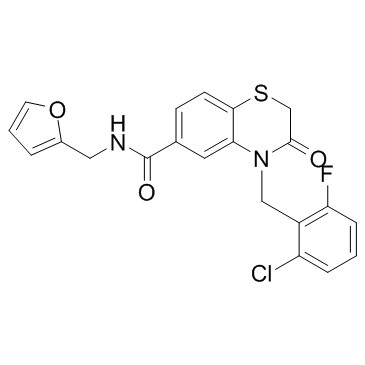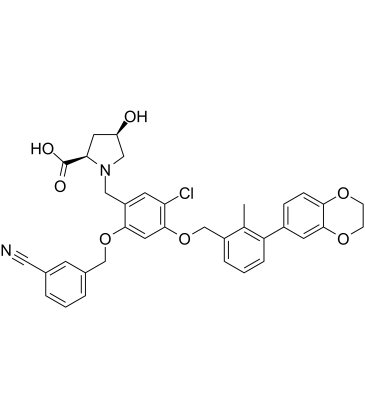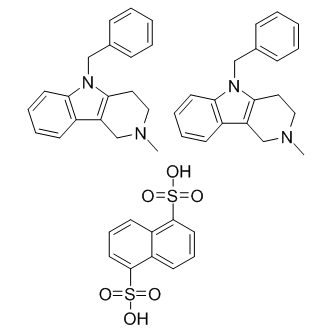Autoimmune Diseases
Autoimmune Diseases refer to a class of disorders in which the immune system mistakenly attacks the body’s own cells and tissues. This occurs when the immune system fails to distinguish between self and foreign substances, leading to inflammation and damage in various organs and systems. Common autoimmune diseases include rheumatoid arthritis, lupus, multiple sclerosis, and type 1 diabetes. These conditions can affect multiple organ systems, including joints, skin, and the nervous system. While the exact cause is not fully understood, genetic, environmental, and hormonal factors are believed to play a role in their development. Treatments for autoimmune diseases typically involve immunosuppressive medications to reduce inflammation and prevent further damage to tissues. New therapeutic strategies, including biologic agents and targeted therapies, are continually being developed to offer more effective treatments with fewer side effects. Ongoing research aims to better understand the mechanisms underlying autoimmune diseases and improve patient outcomes.

